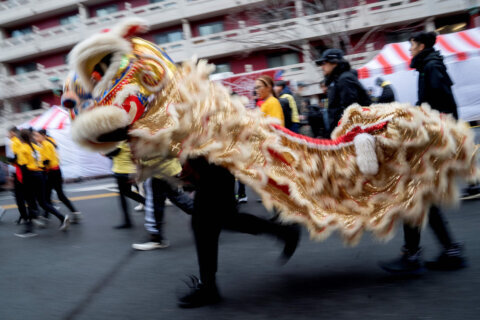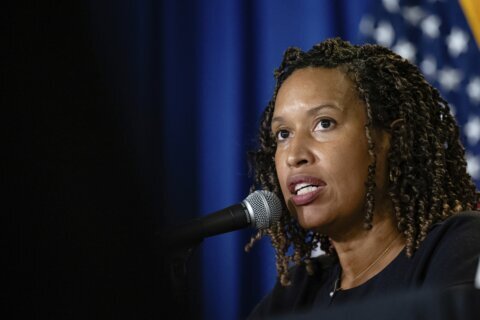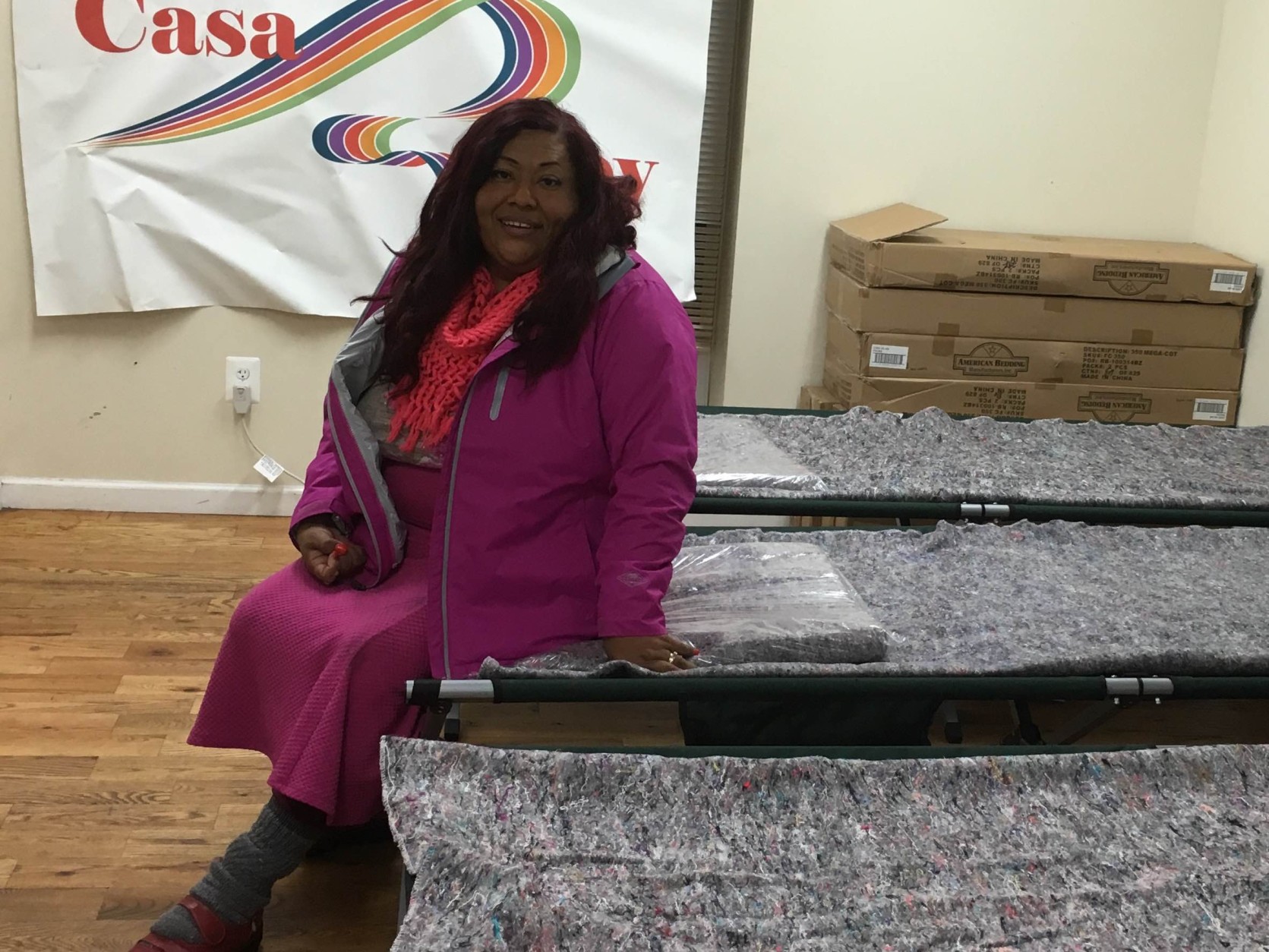
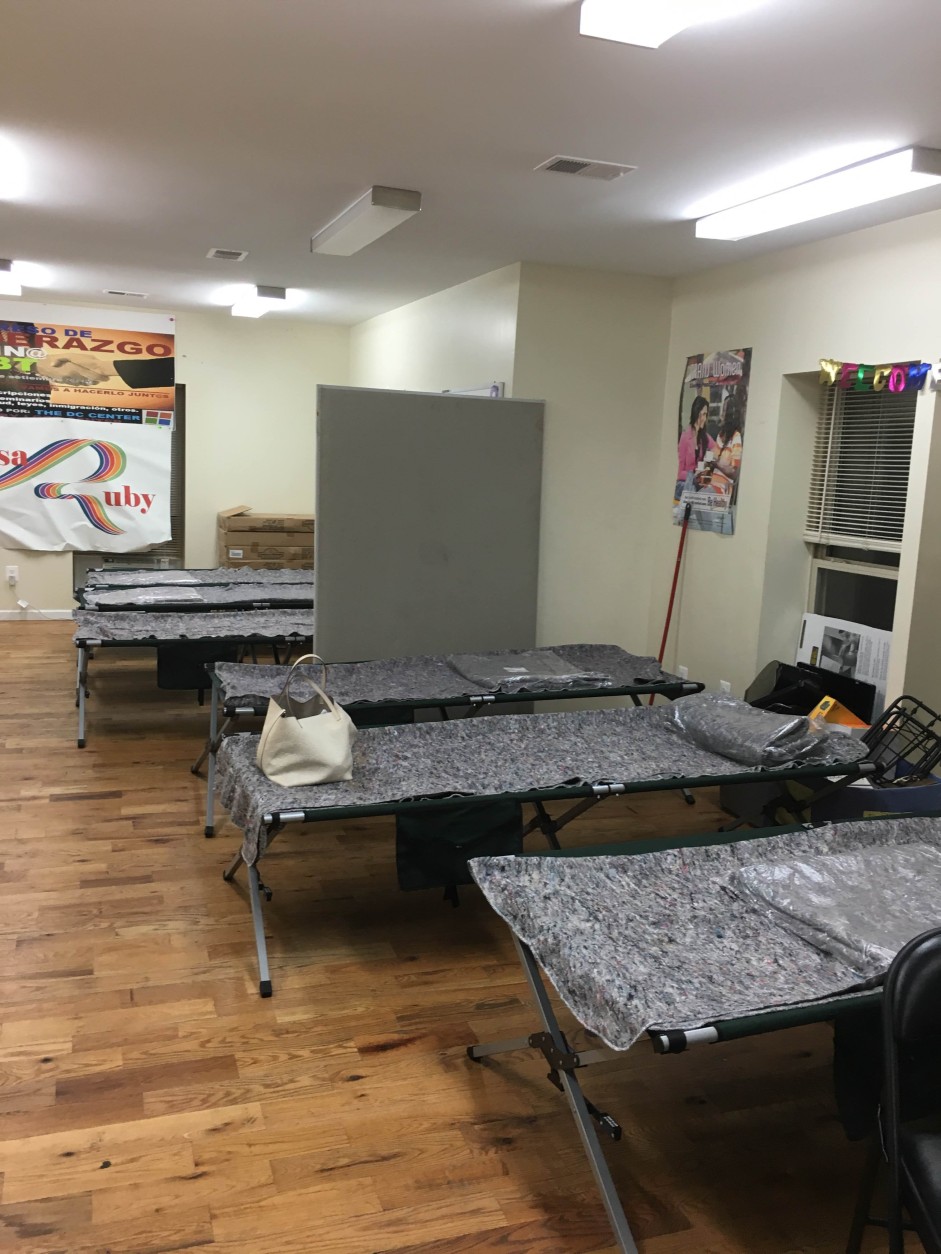
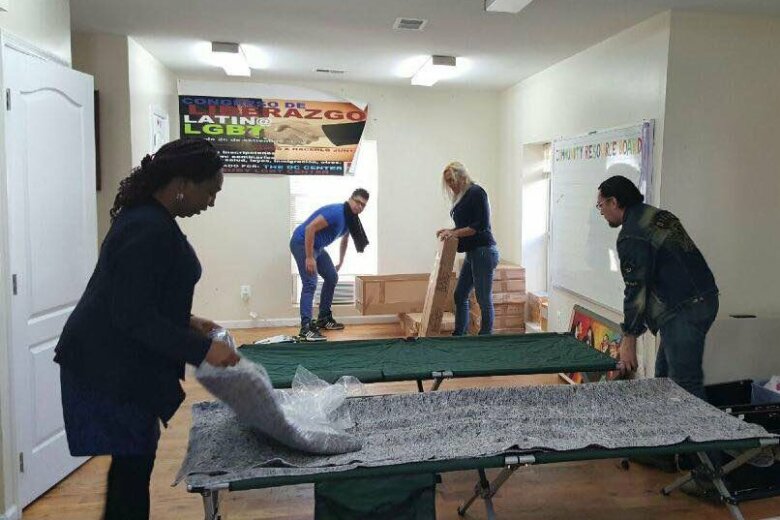
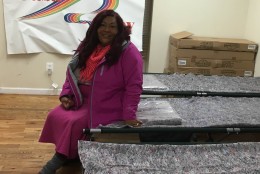
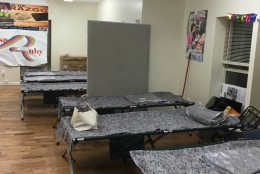
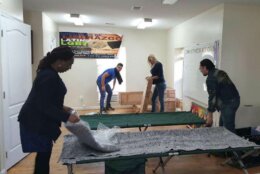
WASHINGTON – There’s a new resource for homeless people in the District who identify as lesbian, gay, bisexual and transgender. A shelter that opened its doors earlier this year is now offering emergency beds when the temperatures dips below freezing.
Ruby Corado personally understands the need for an LGBT homeless shelter in the District. When she was homeless, she and her friends were intimidated by how other residents treated them in the city’s traditional shelters.
“My dad put me on a bus from El Salvador when I was 16 to survive a civil war there,” Curado recalls.
She grew up in Dupont Circle and spent many nights falling asleep to the sound of the park fountain nearby. Corado slept alongside her friends in the International Monetary Fund Building before post-9/11 security took away that option.
When she was finally able to realize her dream and open Casa Ruby, an LGBT shelter, she learned the experiences of those who are homeless today are not unlike her own, even though years have passed since she last slept outside.
“There’s a number of people who told me they’d rather sleep in an emergency room or in Union Station,” she says. “They have sometimes avoided those places because they’re not safe.”
Citing harassment and sexual abuse, Corado says often residents feel they can’t be themselves at traditional shelters.
“I think there are times when staff is OK,” she says, “but other individuals who also access services have a ready-on idea that if your gay or feminine, there’s something wrong.”
Shelters in Washington have always offered services to those who identify as LGBT. However, the sub populations required residents to identify as a male, female or family.
“The services provided at Casa Ruby and other facilities like it are in recognition of special preferences that individuals who are part of the LGBT community may have,” says Michael Farrell, executive director of the D.C. Coalition for the Homeless.
Programs and services are still offered at traditional shelters to anyone who is homeless regardless of gender or sexual orientation, Farrell says.
“Certainly that is a very real possibility that individuals might not seek your traditional shelter because of their concerns regarding their LGBT status,” he says.
Environment is another reason some might not choose a traditional shelter. Most low barrier shelters are large facilities that can serve between 100 and 350 residents at a time, he says.
Casa Ruby opened on Georgia Avenue NW earlier this year, offering 16 beds to 18-24 year olds. Now it is expanding its operation to offer 36 emergency beds ready for when the city declares a hypothermic emergency, when temperatures drop below 32 degrees.
While she has no idea how many to expect for Casa Ruby’s first winter season, Corado says they’ll find a place for everyone to stay who needs it by working with partner facilities.
“There is no reason you should go without,” Corado says. “We are here to embrace you. We are here to support you and give you a place when you need it the most.”
D.C.’s homeless hotline allows residents to call if they need shelter or see someone who might. The service dispatches a van with supplies like blankets and hot drinks available to the homeless person even if they decline shelter.
The number is 1-800-535-7252.


